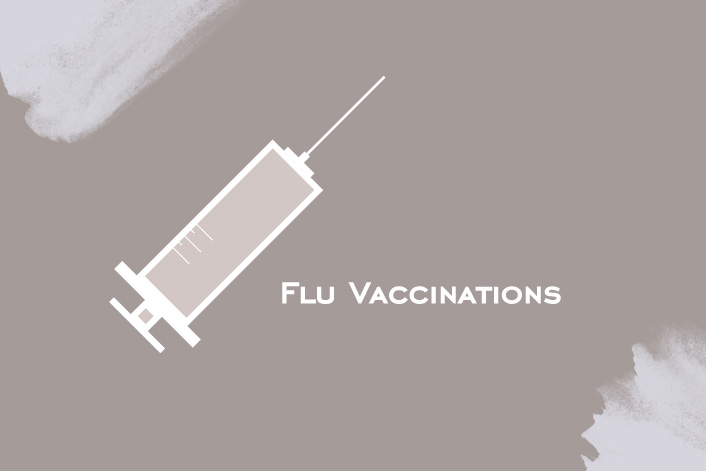If you’re fortunate enough to have a beautiful relationship with your mum then Mother’s Day provides a socially sanctioned opportunity to celebrate her, pamper her, share a delicious meal and to not let her lift a finger.
If, however, your relationship with your mum is a bit more complicated than that, it can be a stark reminder of the juxtaposition between the Hallmark mum and your own experience.
If your mum has passed away, if you never knew a mum, or if you yourself are a mum and estranged from your children, then the commercialised reminder can be difficult to bear.
Being a mother may be less about biology and more about role and relationship. It’s about nurturing the next generation; helping them to be happy and secure people who will then grow love and happiness in the world. When we have children in our lives (whether we birthed them or not) we can be filled with happiness at their happiness and sadness at their sadness.

If you do have an awesome mum then find as many ways as you can to let her know how much you appreciate and adore her.
And if your story is more complicated then consider these ideas:
- As the avalanche of messages permeate telling you about what a mum “should be”, acknowledge the gap between your ideal sense of a mum and your own experience, and allow yourself to grieve for the difference. If there are any positive things about your mum and your relationship with her, write those down and remind yourself of the light amongst the shade.
- If your mum has passed (whether recently or a long time ago), or you are unable to communicate with her, these community led events can cause a new wave of grief to come crashing down upon you. It’s okay to grieve. Use the opportunity to write your mum a letter about all the lessons you learnt from her and read it aloud as if she is listening. Celebrate the day by doing some of her favourite things or talk to your own kids or grandkids about the lessons you learnt from your mum; lessons that you would like them to learn.
- If you are estranged or just strained in your relationship with your own kids, consider whether there is anything you can do to repair the relationship. If not, can you acknowledge and grieve the loss, accept the situation, and determine what you will do to create the life that is meaningful to you?
- If you’re missing having a mother figure in your life, buy a small gift for an elderly friend or neighbour who may be lonely, or deliver a gift to an elderly person in a hospital or aged-care facility.
- If your distress about your mum feels overwhelming, then go and get some support. Whether it is the grief of a complicated relationship or grief from death, it is common that people need someone to talk to, to be able to process it and sort through the complications.
- If being a mum is not what you thought it would be, if you are struggling and feeling overwhelmed, then be gentle on yourself and seek support. Becoming a parent is not intuitive for everyone. Many of us need support and we need to reach out and ask for it.
- If you always wanted to be a mum, but for some reason (from a multitude of possibilities) that hasn’t happened for you, again, grieve this loss of expectation. Consider what you can do to enrich the space in your life you had imagined children would fill. Perhaps you could spend regular time with the children of friends or family members, or become an emergency foster carer? Alternatively, volunteering for a cause you are passionate about can be incredibly rewarding.

Of course, none of the above suggestions will magically fix any hurt or remove all obstacles. You may not even be ready for these strategies, or you might need to find an alternative strategy which fits your particular needs. It is worth remembering that we are all flawed humans at best. We don’t always meet our own expectations, or the expectations of others. We do our best as mothers, daughters and sons as we do most things in life: with usually good intentions and flawed executions.
Be gentle on yourself and those around you. If you find that all the focus on Mother’s Day triggers distress in you, then seek some support.
Support services: Ngala (for parenting), Relationships Australia, PANDA, Lifeline.
—
Tasha Broomhall is the Director of Blooming Minds, an agency that assists organisations to build positive mental health cultures. Check out her books on improving personal and workplace mental wellbeing here.



